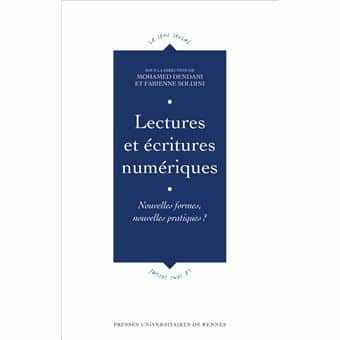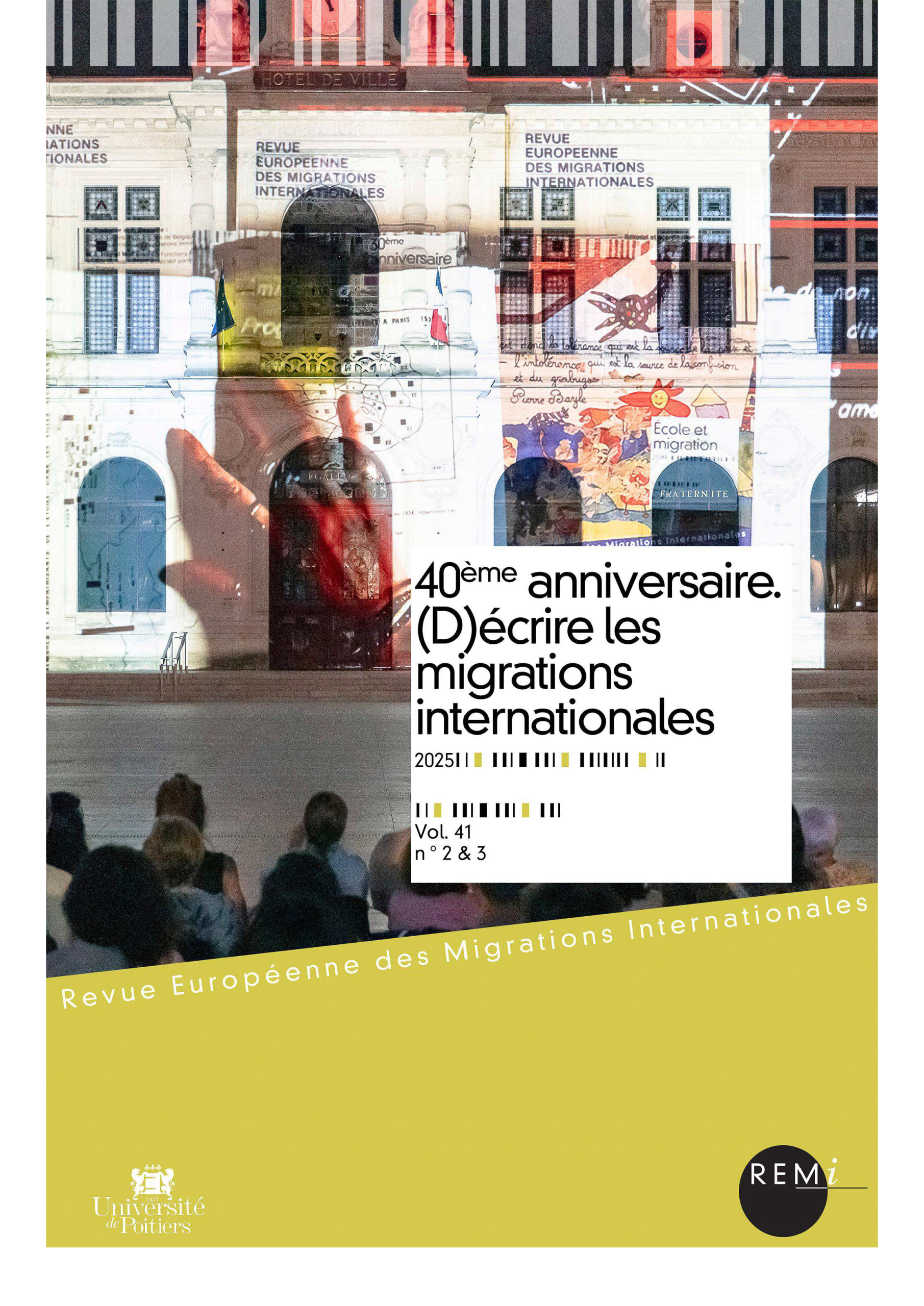Mohamed Dendani, Fabienne Soldini (eds.) - Digital reading and writing.

Despite its widespread use in most areas of activity, digital technology still raises questions for specialists and researchers. For example, while digital practices are supposed to be democratised, why is it that digital reading and writing is often the preserve of the well-off and educated classes, and of young people, whose literacy skills vary significantly depending on their social background? Similarly, what is the hierarchy of different uses of digital technology? These are the questions that this book answers by presenting the work of sociologists of education, reading and culture, who analyse
different forms of digital literacy.
They show that social background remains the fundamental variable for digital literacy in general and literacy skills in particular, reproducing and even amplifying social, educational and cultural inequalities in the digital domain. But there are other variables that appear to be decisive if digital literacy is to be genuinely democratised: the influence of sociability as informal training, and the regularity of practice.
Share on
Read also


